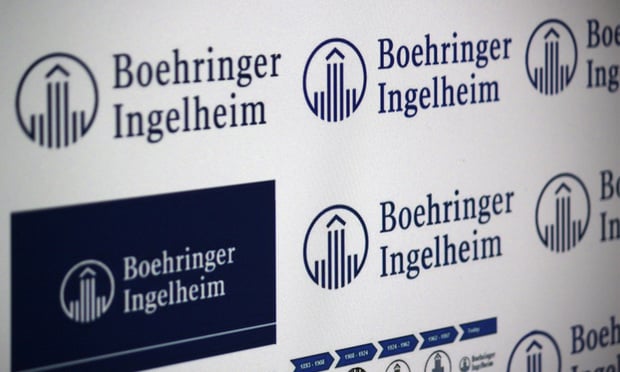A large portion of Americans do not have the requisite personalfinance knowledge that lets them make sound financial decisions, according to a newstudy.
|Fifty-two percent of U.S. adults correctly answered questions onthe 2020 edition of the Personal Finance Index commissioned by theTIAA Institute and the Global Financial Literacy Excellence Center(GFLEC) at The George Washington School of Business. Additionally,53% of the adult respondents answered at least half of thequestions correctly.
|TIAA and GFLEC suggested that, slowly but steadily, moreAmericans are becoming smarter about their personal finances. In 2017, only 48% of adults correctlyanswered questions on the P-Fin Index — that figure has increasedby 1% each year since. But that's no reason to bust out thechampagne yet, they warned.
|"Particularly as the world navigates the current health crisis,we are reminded that a sound understanding of the basic tenets ofpersonal finance is critical to overall financial wellbeing," saidStephanie Bell-Rose, the head of the TIAA Institute, in a statement. "This year's P-Fin Index providesessential data to help us better understand the financial literacytopics Americans are actually struggling to understand and how wecan help them prepare for unexpected financial challenges in thefuture."
|The two groups noted that, on average, many Americans could onlyanswer about half of the P-Fin Index questions correctly. They findthat "many individuals do not know what they do know. Likewise,many do not know what they do not know."
|For instance, the index found that while many Americans thinkthey don't know anything about investing, they actually know theleast about risk comprehension. Similarly, many Americans believethey know the most about consumption and earning money when theyactually know the most about borrowing.
|There are also generational and financial trends that played arole in how Americans answered the P-Fin Index. The index foundthat Generation Z, the youngest generation, had the lowestfinancial literacy while Baby Boomers had the highest. Similarly,individuals who are wealthy had higher literacy scores thanindividuals who were poor.
|Financial illiteracy has real-world implications, according tothe index's findings. Financially literate employees spend, onaverage, one hour a week during work dealing with personalfinancial issues. By contrast, employees who aren't financiallyliterate spend about six hours a week dealing with those sameissues while at work.
|The two groups found a similar dynamic occurring when it came toneeding money in a pinch — out of the individuals who have highlevels of financial literacy, 77% of them said they can drum up$2,000 if needed. But only 21% individuals with low financialliteracy levels could do that.
|The survey was conducted in January 2020, well before theCOVID-19 pandemic's economic effects could be felt in the UnitedStates at-large. But the economic effects associated with thepandemic have emphasized the need for better financial literacyamongst Americans, one of the index authors said.
|"Even before the COVID-19 pandemic hit the economy, there weresigns of financial fragility and financial distress," saidAnnamaria Lusardi, the academic director of GFLEC, in a statement."This report reminds us that it is during a storm that sailingknowledge (financial literacy) shows its worth. Going forward, itis going to be even more important to have the skills and knowledgenecessary to build financial resilience."
|David Thomas is a reporter covering thebusiness of law, with an emphasis on national and global law firmsfor The American Lawyer, Law.com and other ALMpublications.
|READ MORE:
Complete your profile to continue reading and get FREE access to BenefitsPRO, part of your ALM digital membership.
Your access to unlimited BenefitsPRO content isn’t changing.
Once you are an ALM digital member, you’ll receive:
- Critical BenefitsPRO information including cutting edge post-reform success strategies, access to educational webcasts and videos, resources from industry leaders, and informative Newsletters.
- Exclusive discounts on ALM, BenefitsPRO magazine and BenefitsPRO.com events
- Access to other award-winning ALM websites including ThinkAdvisor.com and Law.com
Already have an account? Sign In
© 2024 ALM Global, LLC, All Rights Reserved. Request academic re-use from www.copyright.com. All other uses, submit a request to [email protected]. For more information visit Asset & Logo Licensing.









